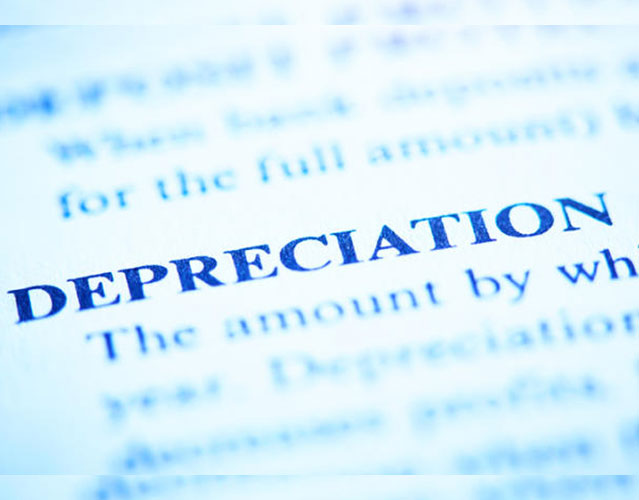Taking care of your rental property can pay off in the long run. When you continuously improve your rental property, your tenants will appreciate it and remain tenants longer, and you can deduct the depreciation on your taxes. Upon selling the property, depreciation can become a headache for landlords in the form of a depreciation recapture tax. Depreciation recapture tax can, however, be avoided.
If you need assistance with taxes, a financial advisor can help.
Depreciation recapture tax is calculated based on the sale price less depreciation of a rental property. This extra income will be taxed on your next tax return upon selling the property.
To avoid depreciation taxes on rental properties, follow these strategies.
Take advantage of the IRS Section 121 exclusion. You can exclude $250,000 if you’re single and $500,000 if you’re married from the sale of your primary residence. You would be considered a primary residence if you lived in the property for two of the five years before you sold it (and those years need not be consecutive). Depreciation deductions for those years would be forgotten.
Make a 1031 exchange. When you use the revenue earned from the sale of an investment property to purchase another similar property, you can defer paying capital gains tax. For this strategy to be profitable, there are many onerous rules to follow, but it may be worth investigating with a financial advisor.
Your heirs will inherit the property. Neither deferred depreciation recapture tax nor capital gain tax will be inherited by your children or grandchildren when they sell the property someday. If they rent the property themselves, they may have their own tax issues.
It is better to sell the property at a loss. Although that may sound appealing, you can only avoid the depreciation tax if you own a rental property.



